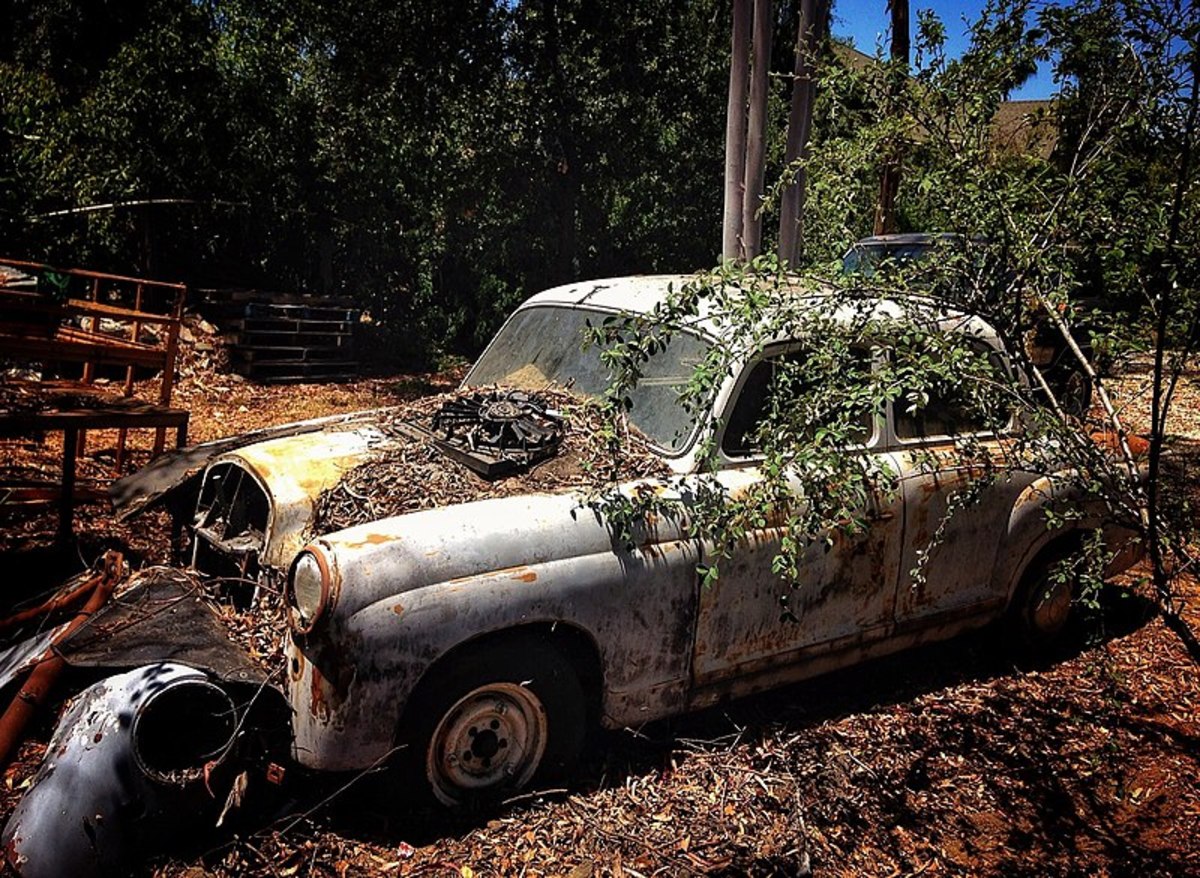
Hertz went bankrupt for a reason. Actually, the car-rental agency went bankrupt for many reasons: a fleet of cars no one wanted to rent, nearly $20 billion in debt, buying Dollar Thrifty, an ill-conceived challenge to Avis Budget and Enterprise, the rise of ride-sharing, losing most of its staff in a move from New Jersey to Florida, Carl Icahn’s advice. Even before the COVID-19 pandemic finished it off, Leon Black knew that Hertz was screwed, and the near-total halt in travel made it so.
And yet, in spite of Jim Cramer’s warnings, Icahn’s capitulation and the absolute lack of any reasonable grounds for hope for the company, over the past week Hertz shares inexplicably soared from around 40 cents to as much as $6.25, possibly due to day trader boredom. Since Hertz isn’t Tesla and there’s no good reason for said rally—the company is bankrupt and shareholders and probably gonna be wiped out—it could not last. And it did not, thanks to the folks at the New York Stock Exchange.
The NYSE had determined that Hertz’s shares are “no longer suitable” for listing on the exchange, after the company filed for bankruptcy after the May 22 closing bell….
The stock plummeted 39.7%, to pace all of the NYSE decliners, to close at $2.52. Trading volume reached 215.3 million shares, enough to make the stock the most actively traded on major U.S. exchanges, according to FactSet.
The stock’s selloff comes after it tumbled 24.4% on Tuesday, to snap a 3-day streak of gains in which the stock skyrocketed 574% to close at $5.53 on Monday. That closing price was 888% above the record low close of 56 cents on May 26 following the bankruptcy announcement.
Hertz’s stock gives back more than half of the postbankruptcy surge after NYSE delisting notice [MarketWatch]
Davey the Day Trader Deconstructed [WSJ]

